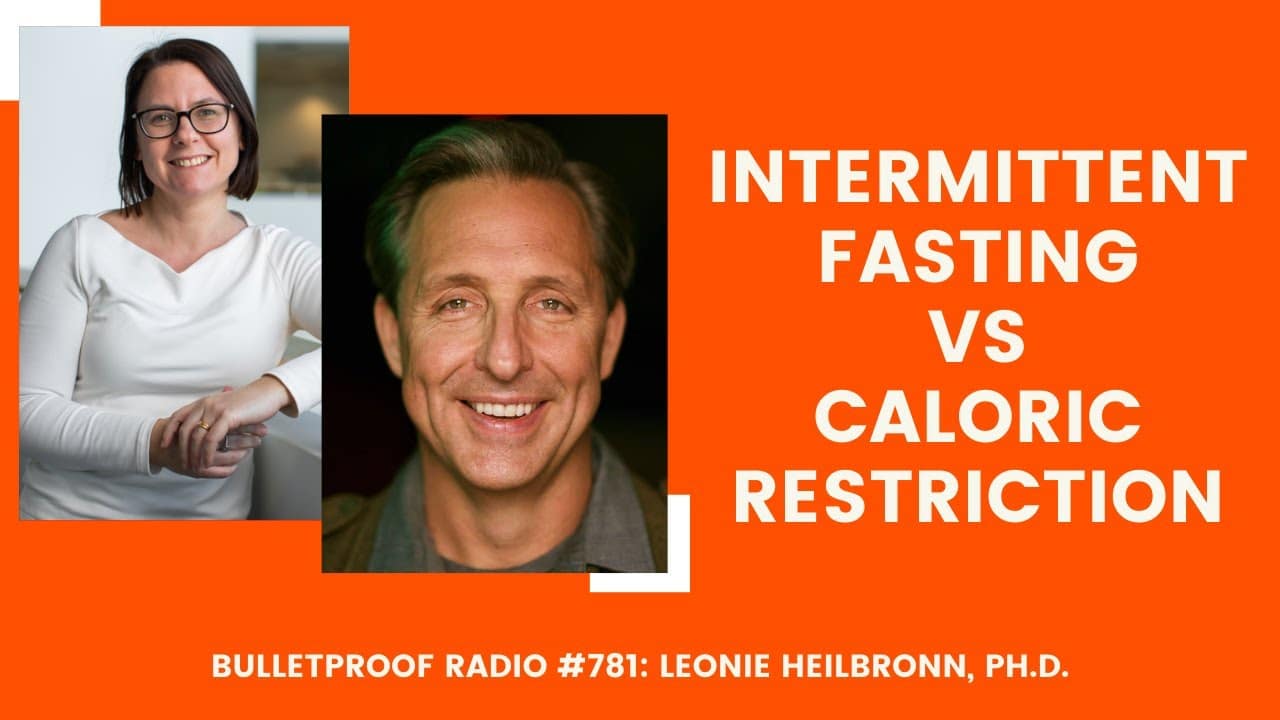Summary bullet points:
1. Intermittent fasting and caloric restriction are two popular dietary approaches that have gained widespread attention due to their potential health benefits.
2. While both methods involve restricting calorie intake, they differ in their approach to timing, duration, and frequency of calorie intake.
3. Intermittent fasting may help increase insulin sensitivity, promote weight loss, and improve metabolic health, while caloric restriction may lead to reduced inflammation and improved markers of health and longevity.
4. Choosing the right approach depends on individual factors such as lifestyle, dietary preferences, and health goals, and it’s essential to consult with a healthcare professional before making any significant dietary changes.
Intermittent Fasting vs. Caloric Restriction: What’s the Difference?
Dieting is nothing new. People have been trying to lose weight and improve their health for centuries. However, with the rise of modern lifestyle diseases such as metabolic syndrome, type 2 diabetes, and obesity, the need for effective and sustainable dietary strategies has become more pressing.
Enter intermittent fasting and caloric restriction, two popular dietary approaches that promise to improve health, promote weight loss, and extend lifespan. But what are they, and how do they differ? Let’s take a closer look.
Intermittent Fasting
Intermittent fasting (IF) is an eating pattern that involves alternating periods of fasting with periods of eating. It’s not a diet in the traditional sense, as it doesn’t specify what foods you should eat but rather when you should eat them.
I can take many different forms, including:
– Time-restricted feeding (TRF): limiting your eating window to a certain number of hours per day, such as 16:8, where you fast for 16 hours and eat within an 8-hour window
– Alternate-day fasting (ADF): eating normally one day and alternating that with a day of fasting or very restricted calorie intake
– 5:2 fasting: eating normally for five days a week and restricting calories to 500-600 on the other two days
Possible benefits of intermittent fasting include:
– Improved insulin sensitivity: fasting can increase the body’s sensitivity to insulin, a crucial hormone in regulating blood sugar levels and metabolism. This may help reduce the risk of type 2 diabetes.
– Weight loss: fasting may help promote weight loss by reducing overall calorie intake.
– Improved markers of heart health: some studies have found that intermittent fasting can improve cholesterol levels, blood pressure, and other markers of heart health.
– Reduced inflammation: by reducing oxidative stress and increasing antioxidant capacity, fasting may help decrease inflammation in the body.
However, intermittent fasting is not suitable for everyone. It can be challenging to sustain over the long term, and some people may experience adverse side effects such as headaches, dizziness, and irritability. It’s also important to note that fasting may not be appropriate for pregnant women, people with certain medical conditions, and those with a history of disordered eating.
Caloric Restriction
Caloric restriction (CR) is an approach to dieting that reduces overall calorie intake, usually by around 20-30% below normal intake levels. It’s often used in research studies to investigate the effects of calorie restriction on health and aging.
Unlike intermittent fasting, there’s no specific time frame for caloric restriction. It’s simply about eating fewer calories overall. Possible benefits of caloric restriction include:
– Improved markers of health and longevity: some studies have found that caloric restriction can improve markers of health and longevity, such as insulin sensitivity, cholesterol levels, and blood pressure.
– Reduced inflammation: by reducing oxidative stress and inflammation in the body, caloric restriction may help decrease the risk of chronic diseases such as heart disease, type 2 diabetes, and cancer.
– Improved cognitive function: some research suggests that caloric restriction may improve cognitive function and reduce the risk of age-related cognitive decline.
Like intermittent fasting, however, caloric restriction is not without its drawbacks. It can be challenging to sustain over the long term, and it may lead to nutrient deficiencies if not carefully managed. Additionally, some people may experience adverse side effects such as fatigue, muscle loss, and decreased metabolism.
Choosing the Right Approach
So which approach is best? As always, the answer is: it depends.
Both intermittent fasting and caloric restriction have potential health benefits, but the best approach depends on individual factors such as lifestyle, dietary preferences, and health goals. For example, if you have a history of eating disorders or prefer small, frequent meals, intermittent fasting may not be the best choice for you. On the other hand, if you’re looking for an approach that focuses on overall calorie intake and may help improve markers of health and longevity, caloric restriction may be a better fit.
As with any dietary change, it’s essential to consult with a healthcare professional before making any significant changes to your diet. They can help you determine which approach is best for your individual needs and provide guidance on safely and effectively implementing it.
The Bottom Line
Intermittent fasting and caloric restriction are two popular dietary approaches that have gained widespread attention recently. While both methods involve restricting calorie intake, they differ in their approach to timing, duration, and frequency of calorie intake. Choosing the right approach depends on individual factors such as lifestyle, dietary preferences, and health goals, and it’s essential to consult with a healthcare professional before making any significant dietary changes. Regardless of your chosen approach, a balanced diet is vital to promoting optimal health and well-being.
*****
Source Description
Expanded human studies on obesity and chronic disease look at differences in fasting, time-restricted eating, and calorie restriction.
In this episode of Bulletproof Radio, I’m joined by Australian researcher Leonie Heilbronn, Ph.D.. Her fasting research looks at the biological pathways that support reducing the risk of chronic diseases.
Leonie leads the Obesity and Metabolism group based within the Lifelong Health Theme at South Australian Health and Medical Research Institute at Adelaide University in Adelaide, Australia. Today, I have her on to talk about her studies on fasting, many of which show more specific results than what we’ve seen in this field before. She looks at intermittent fasting, time-restricted eating, calorie restriction, and more.
In a particular study on women, Leoni says, “We did see that the intermittent fasting group lost a little bit more weight than the caloric restriction group, and they had better improvements in their health.” Other positive results, like reductions in diabetes and cardiovascular risk markers.
Fasting isn’t one-size-fits-all, so I asked Leonie a lot of questions about her research, such as:
How does the food you eat during intermittent fasting affect the fast itself?
What food works for some people and not others, and how does that influence the effectiveness of your fast?
How do intermittent fasting and caloric restriction compare?
When should you eat your daily protein and carbs?
Should you consume black coffee during your fast?
How does time-restrictive eating affect your lifespan?
How do people respond to fasting studies? “For some people, it takes them a little while to get used to fasting, and then some people just maybe never get used to it,” she says.
How do people respond to time-restrictive eating studies? “I think time-restrictive eating is great because you don’t have to change everything that you’re eating, and you’re still going to have some excellent effects,” she says. “But I think if you started to have bad behaviors because of time pressure, then you’re not going to see the improvement we’d hope to see.”
Leonie breaks down her research in simple terms, so no matter your familiarity with fasting, you’ll find a fascinating entry point.
NEW BOOK! “Fast This Way: Burn Fat, Health Inflammation, and Eat Like the High Performing Human You Were Meant to Be”
https://fastthisway.com
Connect with Dave Asprey!
Web: https://daveasprey.com/
Instagram: https://www.instagram.com/dave.asprey/
Facebook: https://www.facebook.com/bulletproofexecutive/
Twitter: https://twitter.com/bulletproofexec
YouTube: https://www.youtube.com/c/DaveAspreyBPR
Bulletproof Radio: https://daveasprey.com/category/podcasts/
Blog: https://daveasprey.com/blog/


